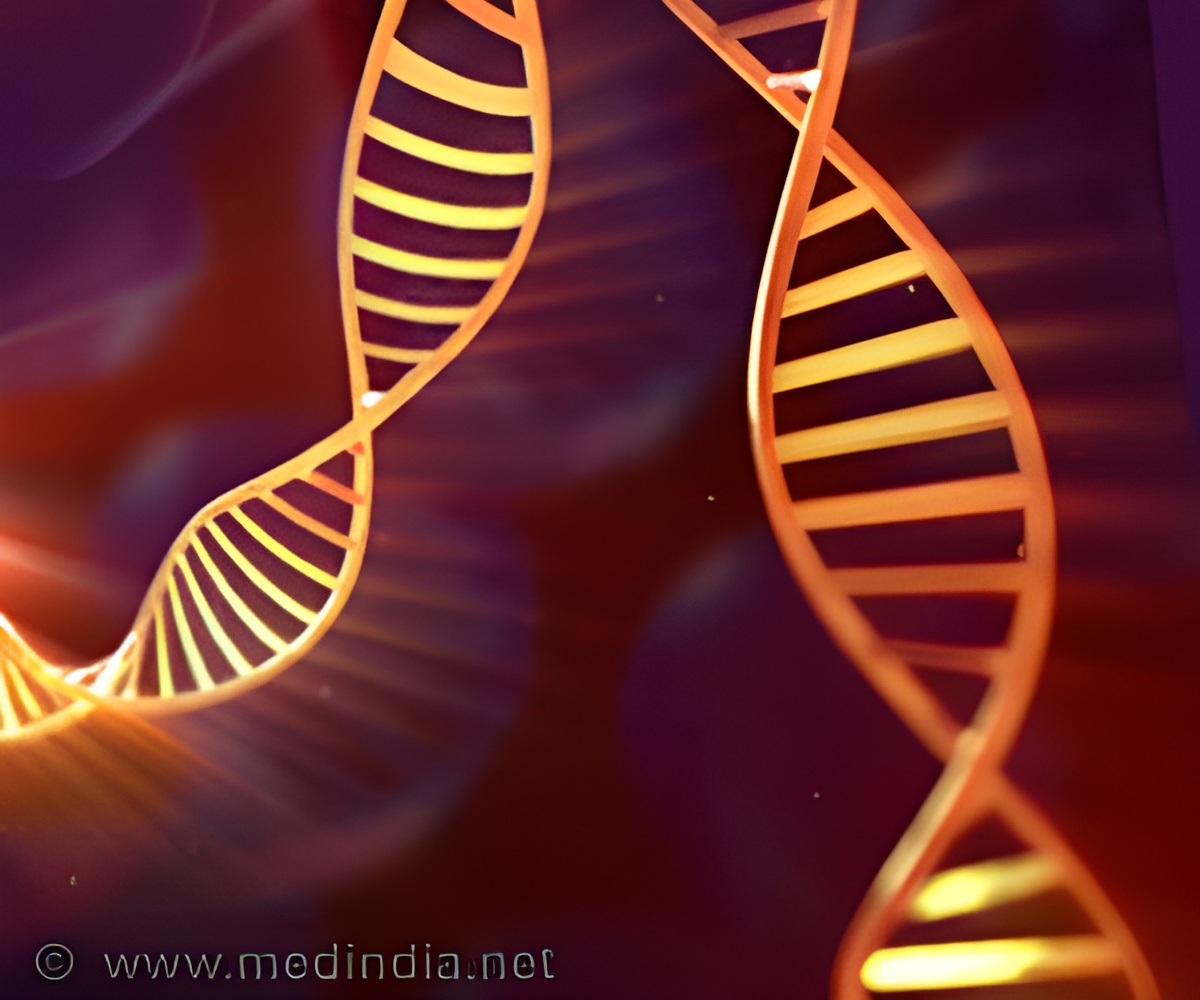A vulnerability of certain lung cancer cells that can be exploited for new therapies has been identified by physician-researchers at UT Southwestern Medical Center.

"There is an urgent need to identify ’downstream’ pathways that are required to sustain and grow non-small cell lung cancer (NSCLC)," said Dr. Pier Paolo Scaglioni, assistant professor of internal medicine and a member of the Harold C. Simmons Cancer Center. "As we focus on the right pathways, we stand a much better chance of chemically blocking them and stopping tumor growth."
The team’s findings are published in the April edition of Cancer Discovery, a journal of the American Association for Cancer Research. Dr. Scaglioni served as senior author and Dr. Georgia Konstantinidou, a postdoctoral researcher, was first author.
To identify vulnerabilities in KRAS-mutant tumors, Dr. Scaglioni’s group used a mouse model of high-grade lung adenocarcinoma induced by a recombinant transgene that allows activation of mutant KRAS in the respiratory epithelium. This strategy allows the generation of high-grade lung cancers that closely resemble human tumors.
Compared with control tumors, the investigators found that the protein RHOA was specifically required for the survival and growth of high-grade tumors via activation of a focal adhesion kinase (FAK). Consistent with a critical role for this pathway in NSCLC, activation of RHOA and FAK was observed in human NSCLC samples and human lung-cancer cells were found to be highly sensitive to pharmacologic inhibitors of FAK.
FAK is a protein that helps cells stick to each other and their surroundings, and also aids in determining how rigid and mobile the cell’s structure is. When FAK is blocked in breast cancer, the cancer cells become less metastastic due to decreased mobility.
"Our findings provide the rationale for the rapid implementation of genotype-specific targeted therapies utilizing FAK inhibitors in cancer patients," Dr. Konstantinidou said.
Source-Eurekalert
 MEDINDIA
MEDINDIA



 Email
Email










